

The Durbin Amendment has reshaped the U.S. financial system since it began in 2010. Named after its chief advocate, Senator Richard Durbin, this legislative moved was designed to fix the increasing interchange fees charged by banks for debit card transactions. By limiting debit card fees, the amendment tried to make


If you’re the owner of a payments business (i.e. ISO), you may be wondering if it’s the right time to sell. While the decision to


Payment processing and point-of-sale systems can be complex and frustrating at times. The Toronto Star article titled “All Stick, No Carrot: Store Owner Balks at


Digital payments have become the norm over the past 10 year. Technology like the internet and mobile devices, along with the push to online shopping
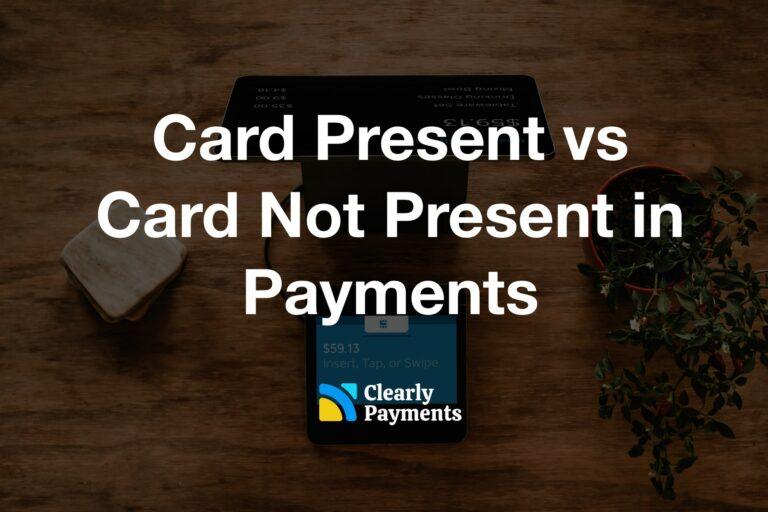

In the world of payment processing, two key terms frequently arise: card-present (CP) and card-not-present (CNP). These terms describe the presence or absence of the
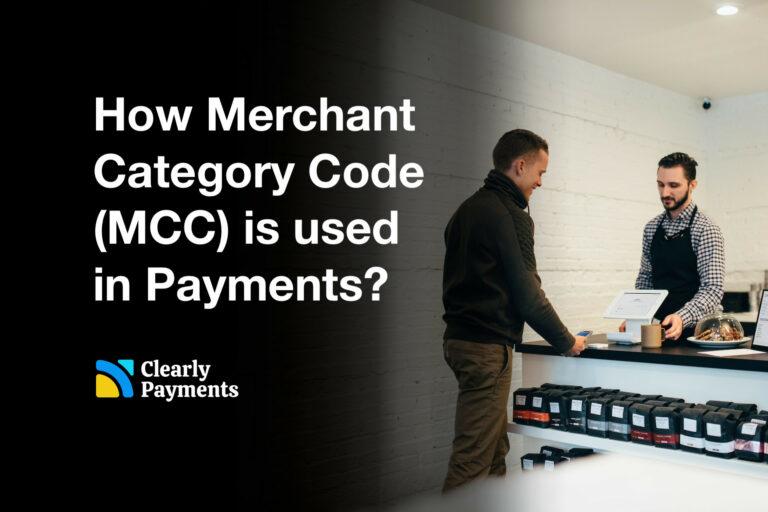

MCC stands for Merchant Category Code. It is a four-digit number assigned to businesses to categorize the type of goods or services they offer. The


Payment processing is an essential aspect of any business that deals with transactions, whether it’s a brick-and-mortar store or an online e-commerce website. Payment processors


Credit card processing has become an essential part of business, allowing businesses to accept electronic payments from customers conveniently. It’s important for merchants to have


As a business owner, payment processing fees can quickly add up and impact your bottom line. The good news is that in both Canada and
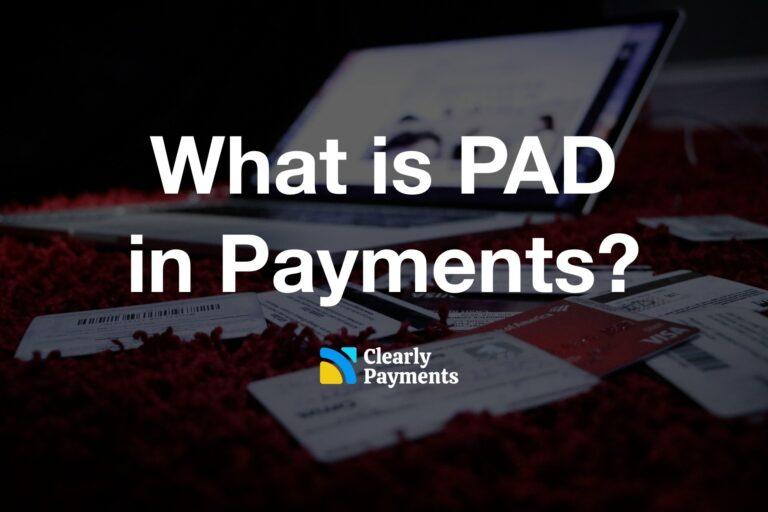

PAD stands for “Pre-Authorized Debit” which is sometimes called direct debit. It is a type of payment method that allows customers to give permission for
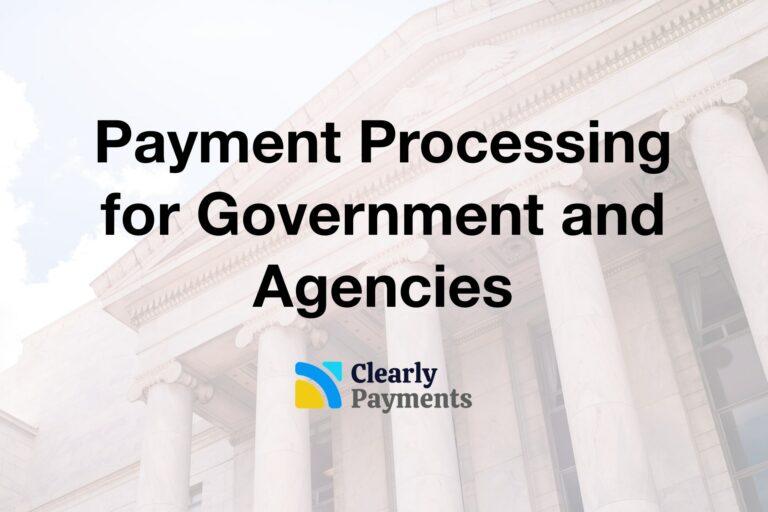

In today’s digital age, governments at various levels face the challenge of efficiently managing payment processing for a multitude of services, including taxes, fines, licenses,
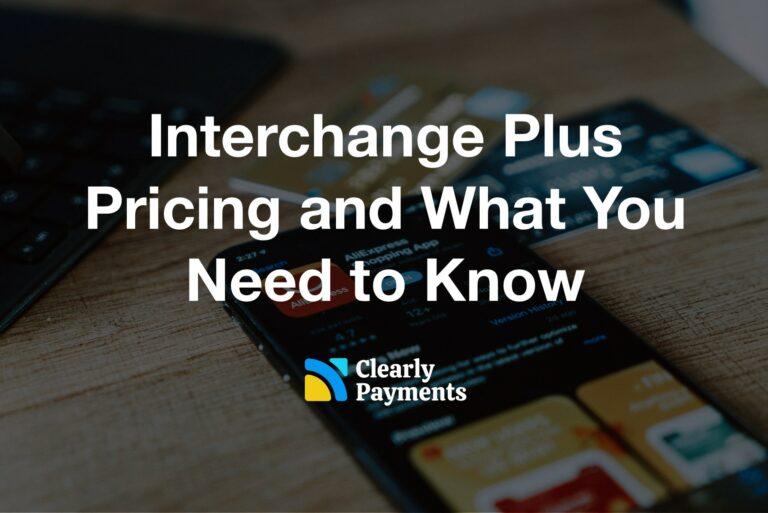

Interchange plus pricing, which the pricing model TCM uses, is a payment processing model that has become increasingly popular in recent years. It is
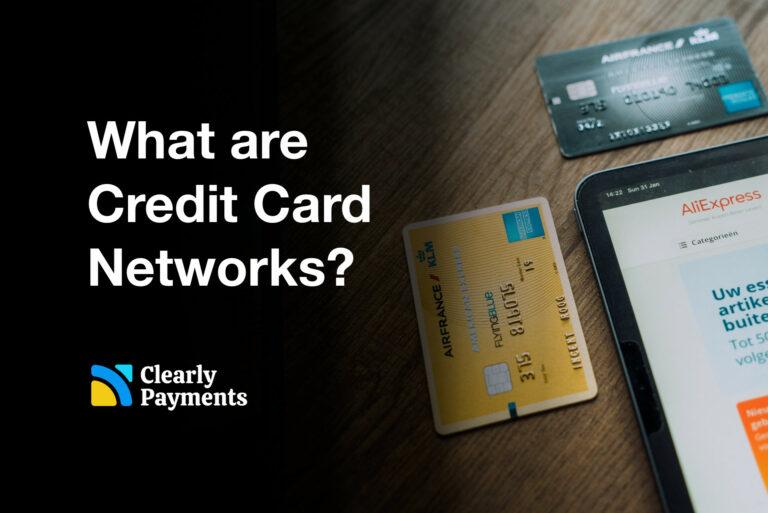

Credit card networks, like Visa and MasterCard, play an essential role in enabling millions of people to make digital payments across the world. Credit card


Having a bias for action is a company value for TCM. Simply put, a bias for action means taking action quickly and decisively in order


Breaking a contract without penalty can be a challenging and time-consuming process. However, for Canadian merchants who are looking to get out of their merchant


Chip and PIN is a payment processing technology that has become increasingly popular in recent years. This technology is designed to provide an additional layer


One of the core values of TCM is independent thinking. In the fast-paced and highly competitive world of business, we believe the ability to


Accepting credit cards has become a common practice for businesses of all sizes. While cash and checks were once the primary forms of payment, credit


Getting approved for a merchant account is a crucial step for businesses looking to accept credit card payments from their customers. A merchant account allows you
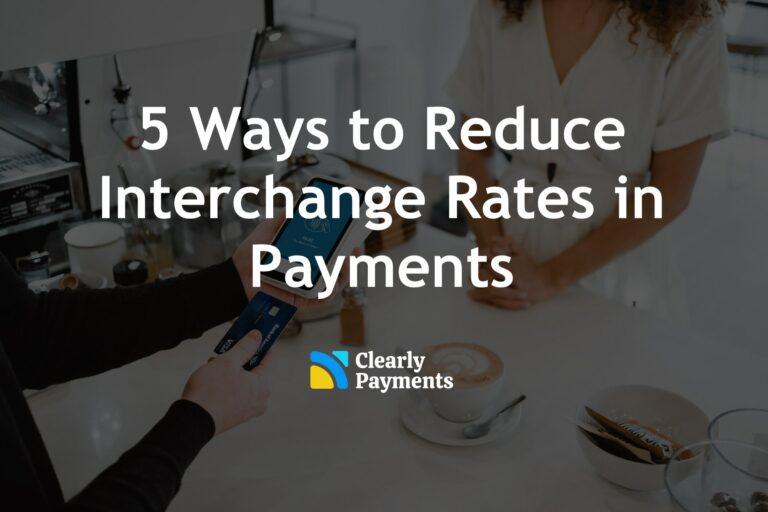

Interchange rates are fees merchants pay to credit card issuers and payment networks every time a customer uses a credit card to make a purchase. These
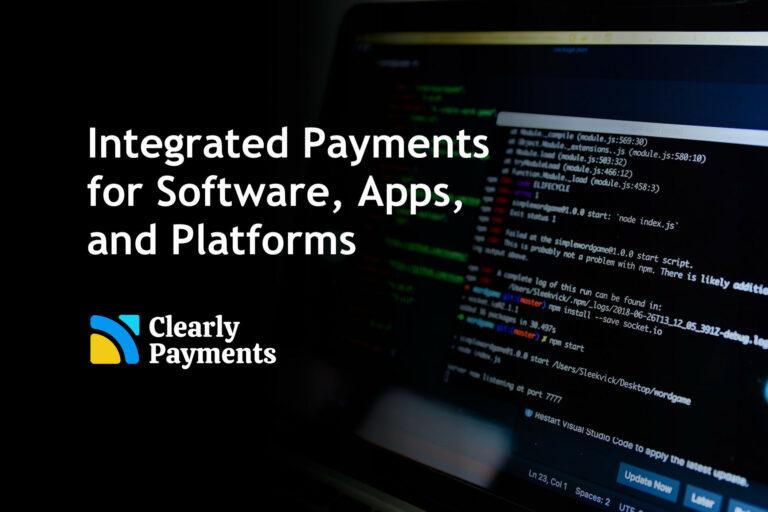

The payment processing market is estimated to reach $248.93 billion by 2028, growing at a good rate of 14.5% per year. The growth can partly


The total number of digital payment transactions globally is expected to reach 1.5 trillion in 2023, up from 876 billion transactions in 2018. The payments
Copyright © 2025 TCM Inc. | Privacy Policy
TCM is a payment processor in Canada. The TCM name and logo are trademarks of TCM Inc payment processing in Vancouver, Canada. The Interac name and logo are trademarks of Interac Inc Canada. The Visa, MasterCard, and AMEX logos are trademarks of Visa International, MasterCard International Incorporated, and American Express Company. TCM is a Registered Partner/ISO of the Canadian Branch of U.S. Bank National Association.